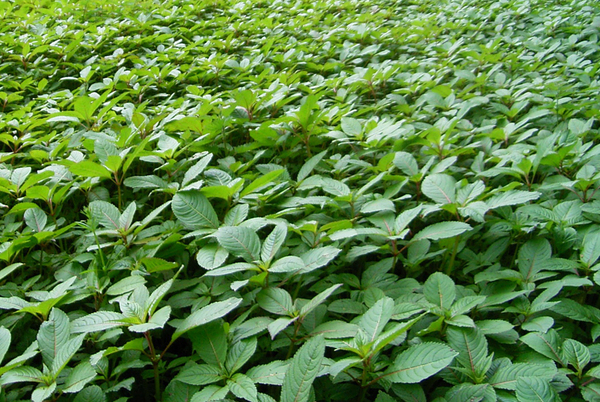Could invasive species signal the end for native crayfish?
As one of Europe’s five native crayfish species, the white clawed crayfish (Austropotamobius pallipes) has suffered a huge decline in numbers in the last couple of decades. This docile crustacean is usually found hiding under rocks in streams, rivers and lakes, only emerging at night to avoid predators. A fortnight ago it’s IUCN status was…
Our rivers – corridors for colonisation
Our river systems are undoubtedly one of the most diverse habitats found within the British Isles. They provide us with numerous benefits including areas for relaxation and recreation, they harbour high levels of biological diversity, act as natural flood management, provide water for consumption and irrigation, and act as corridors for the movement of nutrients…
Latest GISP publications on invasive species
The Global Invasive Species Programme (GISP) has recently published two publications on invasive species, Mainstreaming Gender into Prevention and Management of Invasive Species, and Invasive Species, Climate Change and Ecosystem-Based Adaption: Addressing Multiple Drivers of Global Change, both of which deserve a read. Both publications can be downloaded via the GISP website
Argentine Ant Invasion Meets Resistance from Natives
The Argentine ant (Linepithema humile), from humble beginnings in South America, is now invasive on every continent and has a place on the list of 100 of the World’s Worst Invasive Alien Species. Transported around the world via human activity, this omnivorous ant impacts upon native flora and fauna and has been incredibly successful in outcompeting…
Are we fuelling future invasions?
The world is fast running out of fossil fuels and with an energy crisis looming, intensive research is being carried out across the globe to find renewable alternatives. Top of the list are biofuels; fuels derived from biomass. Will the plants grown to provide this biomass behave themselves when introduced to sites outside their native…
The invasive rinderpest virus is no more
For only the second time in history scientists have succeeded in eradicating a viral infectious disease. The first was over 30 years ago, when in 1979 scientists from the World Health Organisation (WHO) declared that smallpox (Variola vera), an infectious human disease that had claimed the lives of hundreds of millions of people, was officially…
Can biocontrol bash the balsam?
After a long hot summer, many custodians of the countryside will be breathing a sigh of relief as the winter months will provide a rest bite from battling with infestations of non-native plant species. Unfortunately, the battle is too often one sided and the weeds are winning! Himalayan balsam (Impatiens glandulifera) is one of the UK’s…
Natural Born Killers
Last month anglers at Grafham Water reservoir in Cambridgeshire, UK spotted the invasive killer shrimp Dikerogammarus villosus. The first sighting of this ferocious little beast in the UK has instigated the GB Non Native Species Secretariat (NNSS) to issue a species alert as part of the GB rapid response protocol in an attempt to contain…
Public perception and knotweed biocontrol
In 2010, we commenced with a controlled release of the specialist Japanese knotweed natural enemy, Aphalara itadori, in the UK. This has been the culmination of many years of project development and intense research and is effectively a first for Europe, at least as far as weeds are concerned. Japanese knotweed pushing through tarmac in Buckinghamshire…
About the CABI Invasives blog
The CABI Invasives blog is an opportunity for scientists across our centres to highlight their research and debate topical issues in the field of invasive species. We hope the blog will reflect the diversity of research projects and consultancies CABI scientists are involved in and can be used to spark wider debate in the field…
- « Previous
- 1
- …
- 43
- 44
- 45



